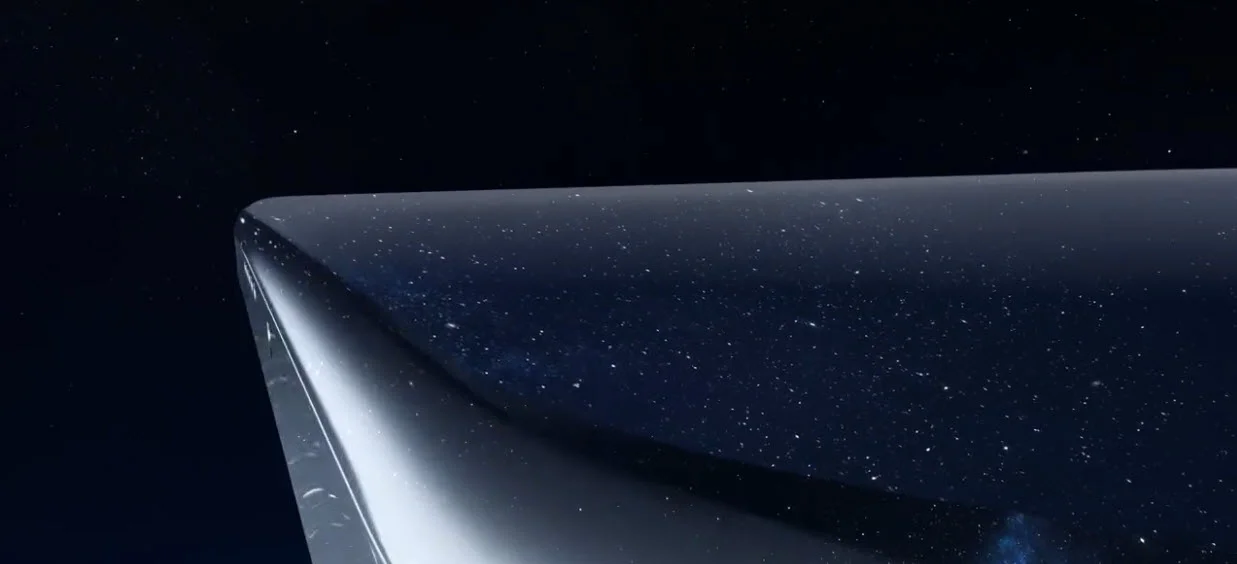On November 23, astronauts felt an “unexpected unpleasant odor” while trying to open the hatch of the newly docked Russian cargo ship “Progress”. 24 Channels with reference space.com.
How was everything?
Launched on November 21, the spacecraft docked with the ISS’s Russian Search module two days later. He delivered fresh food, supplies and equipment.
NASA later reported that the astronauts reported a strange smell coming from the module and also observed small liquid droplets, which caused the Russian cosmonauts to close the hatch and isolate the Search module from the rest of the station.
NASA emphasized that the crew was not in immediate danger and that efforts to resolve the problem were ongoing.
However, they decided not to let their guard down.
Following the incident, the atmosphere at the station was monitored using scrubbers and pollution sensors. NASA confirmed that air quality on the ISS remains normal. Russian cosmonauts wore additional protective equipment as a precaution during the brief opening of the hatch.
NASA astronaut Don Pettit noticed an “aerosol-like odor” in the US division’s Tranquility module, although it is still unknown whether this is related to the Progress spacecraft. Tranquility has no direct connection to the Russian part of the station.
Problems with the Russian part of the station are increasing
This is not the first problem with Russian spacecraft on the ISS.
- In December 2022, the Soyuz spacecraft experienced a significant coolant leak, leading to the dispatch of a backup spacecraft for three astronauts.
- In February 2023, another cargo spacecraft, Progress, also encountered a coolant leak.
While there is no direct connection between these past events and the current problem, these difficulties underscore ongoing concerns about the Russian portion of the ISS.
Additionally, a separate air leak on the Russian side of the station that has persisted for five years forces the team to regularly close the hatch between the American and Russian sections.
Although it does not pose a direct threat to the crew, the problem has become more serious recently as NASA and “Roscosmos” disagreed on the seriousness of the leak and how to eliminate it.
What will happen next?
The Progress spacecraft is planned to remain attached to the ISS until 2025, after which it will be thrown into the Earth’s atmosphere along with waste and debris. Currently, NASA and “Roscosmos” are working together to solve the problem of unpleasant odors and safe access to materials on spacecraft.













